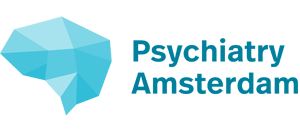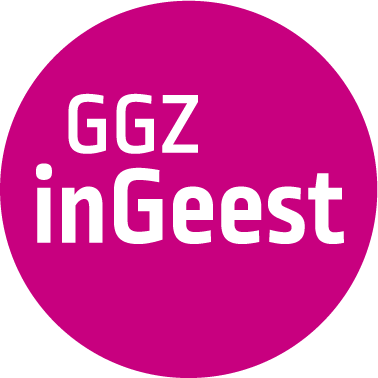RECALL
Research project
The RECALL project (Rivastigmine for ECT-included Cognitive Adverse effects in Late Life Depression) is a double blind placebo controlled crossover trial at the department of old age psychiatry.
Electroconvulsive therapy (ECT) is the most effective treatment for severe depressions. Unfortunately, several cognitive side effects with a large pallet of different manifestations and impact often occur. For instance, postictal agitation ((PIA) with ia motor restlessness and panic like behavior directly after ECT lasting 5 minutes till one hour), or more mildly general disorientation recovering within 1-2 hours after ECT, anterograde memory deficits and retrograde amnesia (both mostly reversible after a few weeks till several months) are well known. Finally, interictal delirium characterized by severe confusion which can appear separately form the postictal disorientation, taking several days to weeks to resolve, mostly in elderly individuals, has also been described (Selvaraj, 2012). In particular the latter may result in a premature abandoning of ECT, and hence failure to achieve remission of the depressive disorder.
Considering its beneficial effect on cognition in persons with mild to moderate Alzheimer’s dementia and the potential beneficial effect on memory deficits in ECT-treated persons with schizophrenia (Stryjer et al., 2012) and either major depressive disorder, bipolar or schizoaffective disorder (Matthews et al., 2013), treatment with an acetylcholinesterase inhibitor (ie rivastigmine) might be useful for the prevention or reversion of the interictal delirium as well. Therefore a randomised double blind placebo controlled crossover trial embedded in a large cohort-study on ECT-patients was designed, to investigate whether rivastigmine treatment has a positive effect on the severity and duration of the interictal delirium. We hypothesize, that rivastigmine addition during ECT can diminish the interictal delirium, induced by ECT.
The main aim of this study is twofold. The first aim is to investigate whether rivastigmine can be used as a novel treatment to reduce ECT-induced interictal delirium and (2) to gain further insight into differences in determinants between inter-ictal delirium and adjacent cognitive disturbances induced by ECT, including post-ictal agitation and mild general disorientation of short duration.
When a patient fulfils the inclusion criteria for the trial, a transdermal rivastigmine patch (group A) or placebo patch (group B) will be applied the evening before ECT treatment and will be removed 24hrs after application. After two ECT sessions, group A will receive placebo treatment for two sessions and group B will receive a rivastigmine patch for two sessions.

Contact information
Didi Rhebergen or Eric van Exel




